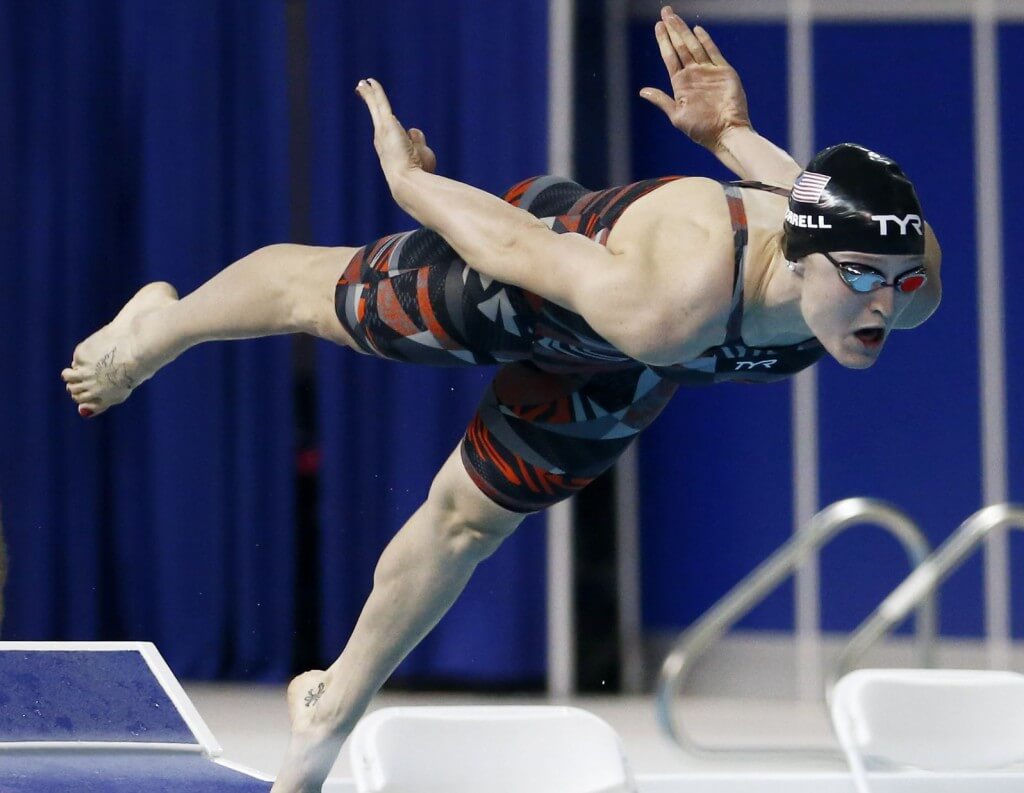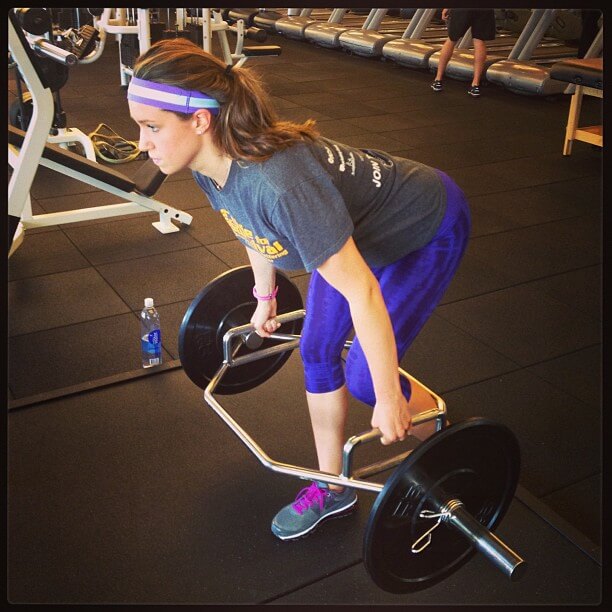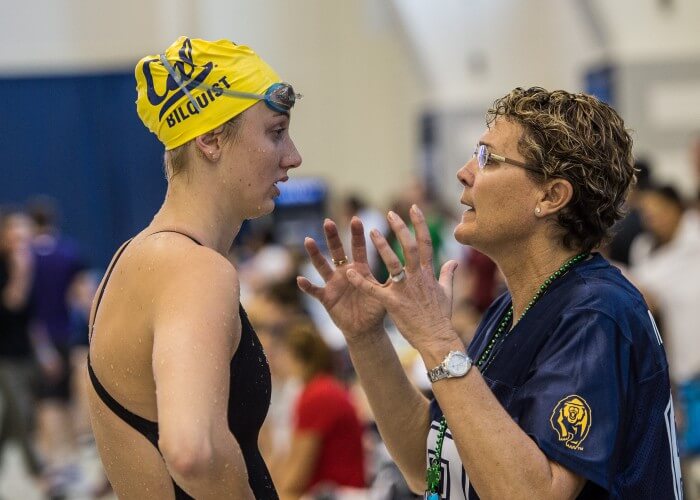3 Ways to Kickoff A Successful Long Course Season

By Jake Renie, Swimming World College Intern
As taper comes to a conclusion and the winter championships are ending, most swimmers are off to their one, two, or even five week break to focus on finishing out the school year. As soon as the conversation of morning practice comes back to your attention, your initial feeling could be fright because you haven’t trained long course in maybe nine or 10 months.
Don’t worry, this feeling is common for most swimmers. Having a negative attitude towards the first long course practice of the year could put a negative spin on the season ahead, so here are three critical tips that might help you look forward to a place with less flip-turns…
1. Remind Yourself that You Need to Get Back Into Shape

Photo Courtesy: Todd Anderson
This is possibly the simplest thing you could ever do to prepare yourself. In your time off of swimming, you may have been sitting in front of a TV or computer, in a classroom, and maybe eating a little too much junk food. Since you’ve willingly gone to practice at not only 5 a.m., but also around 4 p.m. last season, you obviously have some sort of determination and motivation to become a fitter and faster swimmer! Although it may seem like you aren’t moving down the lane, or your arms feel like Jell-O, the early-season workouts will pay off towards taper time.
2. Set Goals For the Season

Photo Courtesy: Stephen Gibson
Almost everyone has had to write down goals sometime in their lifetime, and although some people may have general ideas about what they want to do this season, this is not to be taken lightly. Goals should be one of your top motivators throughout the season. Let’s say you have one goal in mind, and that is to break one minute in the 100 freestyle. Don’t just stop there, elaborate on those goals! How are you going to work towards these goals? Will you make sure to have a high-elbow catch on your pull, or focus on maintaining a six-beat kick? Having set items that you will work on everyday will only benefit you when taper comes around.
3. Trust the Process

Photo Courtesy: Peter H. Bick
Many coaches harp on this to their athletes, especially as one coach replaces another. Many athletes also struggle with this concept when something is unfamiliar to them, as long course sometimes feels after a long winter season. Many swimmers come back into shape in different paces. I, personally, have had teammates who only need a week or two to be back into the shape that they were the season before. I have also known people (including myself) who seem to take as much as three or four weeks to get out of that sluggish pace. In this situation, keep your head held high and trust the process. Everything works out if you do what you are told.
As this article comes to an end, I hope that you have already applied at least one of these tips in your mind already. Through my 11 years in competitive swimming, these are the tactics I find most useful. I hope that this writing to you has at least gotten you started to be the best swimmer that you can be, because who actually enjoys failing?




Nice article Jake!! Keep it up!